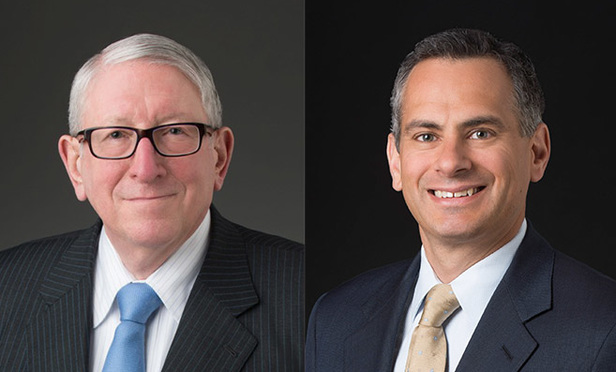One of today’s more widely debated issues in the M&A space concerns the precise scope, application and boundaries of the Delaware Supreme Court’s decision in Corwin v. KKR Fin. Holdings, 125 A.3d 304 (Del. 2015). Corwin held that a post-closing claim for damages arising out of a merger not governed ab initio by the entire fairness standard will be reviewed under the business judgment rule, if the merger was “approved by a fully informed, uncoerced majority of the disinterested stockholders.” A line of post-Corwin Court of Chancery decisions has confronted different aspects of that issue,1 but it has yet to come to rest and is still a work in progress. The latest, and highly significant, contribution to that doctrinal issue is Chancellor Andre Bouchard’s May 4, 2017 decision in In re Massey Energy Co. Derivative & Class Action Litig., No. 5430-CB, 2017 WL 1739201 (Del. Ch. May 4, 2017).
The ‘Massey’ Decision
Non-’Corwin’ Aspects of the Ruling.Massey was one of several litigations, including civil, criminal and regulatory proceedings, growing out of an April 2010 explosion at a Massey Energy Company coal mine in West Virginia. The explosion, which killed 29 miners and was the deadliest mining disaster in the United States in 40 years, was the direct result of worn cutting equipment and the mine’s failure to maintain adequate ventilation and water spraying systems. Massey and its CEO, Donald Blankenship, had a history of flouting safety regulations and misleading regulators by manipulating compliance data in favor of maximizing coal production. Massey also had a practice of retaliating against employees who raised concerns about mine safety. This disaster led to Massey having to pay significant civil damages, criminal fines and penalties, and in the criminal conviction of CEO Blankenship. Ultimately, Massey was acquired in a merger by Alpha Natural Resources, which later filed for bankruptcy in 2015.



